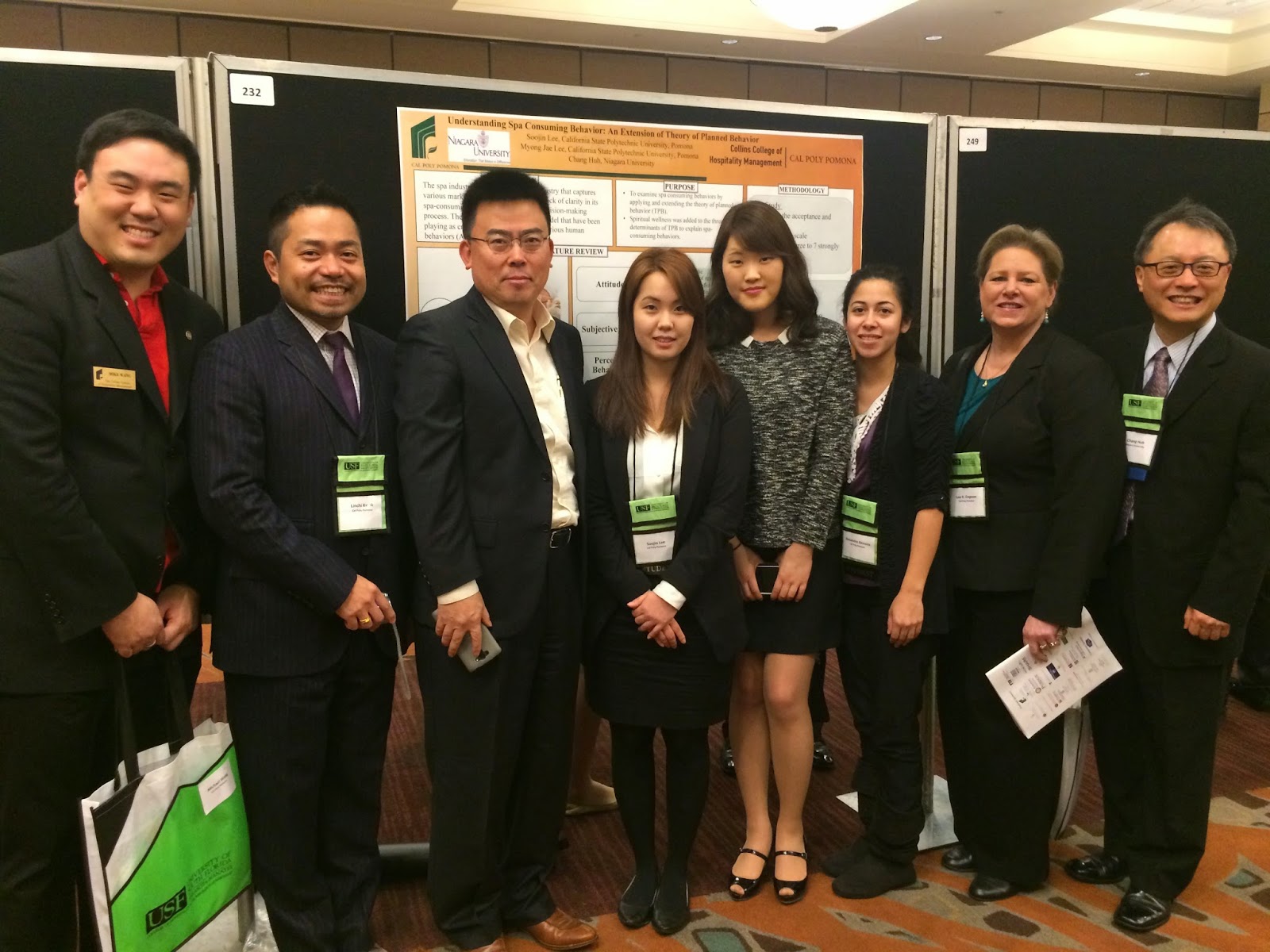Earlier this month, I attended the 20th Annual Graduate Education & Graduate Student Research Conference in Hospitality and Tourism (also known as Graduate Conference). It was a very successful conference, featuring 145 stand-up presentations and 186 poster presentations over a three-day period. Yet, it was just like one of the many academic conference I have been to, I feel this is something missing. I ask myself:
For more discussion, please visit the full article at MultiBriefs.com
 |
| Poster Presentation at the 20th Graduate Conference |
- Are academic researchers trapping themselves in producing "scientific" research?
- Have our industry partners provided adequate support to academic programs in research and product development?
- Why hotels do not use academic research in product development? (As what is suggested by this CNBC report about Marriott).
- Where is the place for interdisciplinary research in hospitality and tourism (e.g., working with other scholars in architecture, interior design, fine arts and civil engineering)?
- If there is a place, then what is the standard for a rigorous interdisciplinary research?
- Can we keep our minds open when evaluating the impact of interdisciplinary research?
For more discussion, please visit the full article at MultiBriefs.com

Comments
Post a Comment